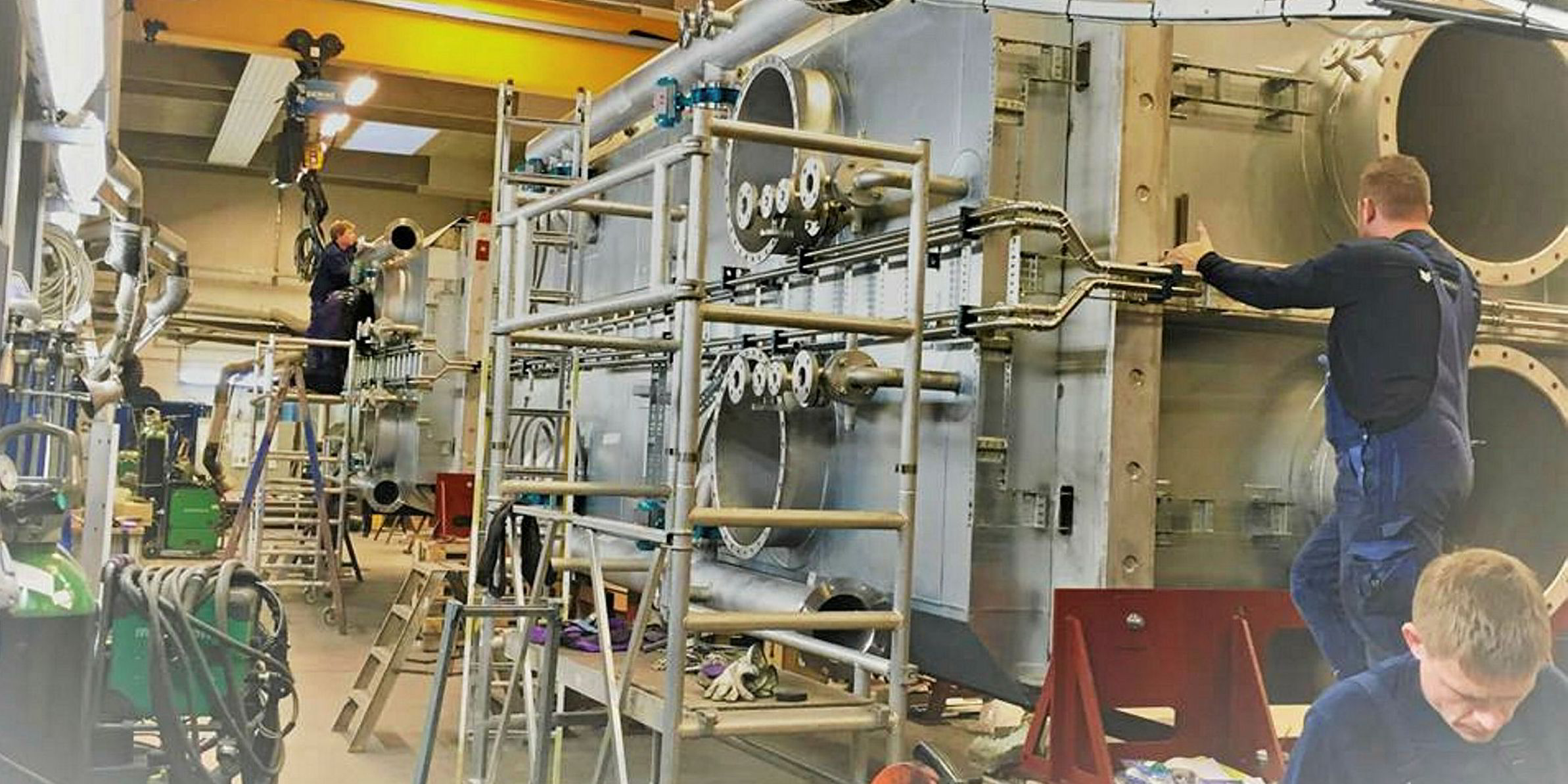Growing up on the south coast of England in the 1970s brings back memories of green hills, clear skies and blue seas. Swimming from our local beach was a joy, given added excitement with the sight on the horizon of the supertankers at anchor in Lyme Bay.
But those same ships were also the source of a scourge of those carefree days. Returning home from the beach demanded a ritual of picking and wiping off the oil stuck to our legs, feet, towels and shoes.
In those days, the shingle of Chesil Beach was covered in a smattering of oil flushed out by ships washing their tanks. Occasionally in winter, larger lumps of crude would be found on the shore.
Past misdemeanors
The world has come a long way since then. Tankers are no longer allowed to flush out waste oil in such cavalier fashion, and the beaches of the south coast of England are cleaner as a result.
Yet now shipping is about to embark on another episode of behaviour that again may be looked back on in future years with shame.
The rush of shipowners to fit scrubbers risks putting shipping back in the dock of public opinion: that it only cares about short-term profit and does not give a damn about the environment it uses for free.
Estimates suggest that more than 2,000 vessels — about 3% to 4% of global capacity — are now set to be fitted with open-loop scrubbers to enable them to comply with the IMO’s low-sulphur fuel regulations that come into force in 2020.

Many leading dry bulk and tanker companies have decided that fitting scrubbers is good business, egged on by clap-happy sell-side analysts. Not only do scrubbers sidestep concerns about availability of low-sulphur fuel, they also can make a margin on the high-sulphur fuel that scrubbers enable ships to continue to burn.
The problem stems from the wash-water that open-loop scrubbers flush back into the ocean. Not only does shipping fuel emit significant amounts of CO2, sulphur oxides and nitrogen oxides, but also particulate matter containing organic carbon, black carbon, polycyclic hydrocarbons and heavy metals.
These compounds get filtered in scrubber wash water, diluted and discharged into the ocean. These compounds are known to damage life and they can also enter the human food chain.
The rush of shipowners to fit scrubbers risks putting shipping back in the dock of public opinion: that it only cares about short-term profit and does not give a damn about the environment it uses for free
The problem is not that shipowners and charterers who have embraced scrubbers to comply with the new fuel rules — and make a quick buck on the side — are flying in the face of scientific proof that such wash water is a significant pollutant.
Questionable benefits
The problem is that we do not yet know, since there has been little research into the issue. To quote a recent review paper in the journal Frontiers in Marine Science: “The environmental benefits of scrubber use are questionable, and their regulation is poor.”
Proponents believe the pollution is adequately diluted, but the risks of significant pollution in areas of high vessel traffic and ports should be obvious to all.
A few brave companies and individuals have stood out publicly against their use, at least until the evidence is clear or alternatives are found.
Euronav, the world’s largest listed crude tanker company, and chief executive Paddy Rodgers boldly stepped forward this week to raise the alarm about scrubber use.
“Scrubbers are... a loophole which makes enforcement of the sulphur ban extremely complex, difficult to enforce and likely to facilitate non-compliance,” the company said.
CMB chief executive Alexander Saverys and Odfjell counterpart Kristian Morch are among others who believe scrubbers are the wrong solution today.
Of course, what looks good for business is not always good business.
In the first decade of the 21st century, UK tabloid newspapers stumbled on a bonanza of salacious stories when they discovered how easy it was to hack into the mobile phone voicemails of celebrities, sports personalities and politicians.
Scandal exposed
The stories were great for tabloid newspaper business at the time. They were explosive, sold papers and advertising. And those who were doing it thought they were invincible and would never get caught. Fortunately, journalists on other papers thought differently and exposed the scandal.
The damage to business was huge. A judicial enquiry revealed the industrial scope of the technique, the biggest selling Sunday newspaper was shut down, and the Rupert Murdoch and Mirror newspaper groups have been forced to pay huge damages running into hundreds of millions of pounds and counting.
Phone-hacking was not only illegal, it was unethical and amoral. The journalists and managers involved knew that at the time. But they abandoned any sense of good conduct in favour of short-term benefit, regardless of the consequences.
Of course, open-loop scrubbers are entirely legal, but their use raises significant ethical and moral judgments. In a world where business performance — even in shipping — is increasingly judged on measures of corporate social responsibility, those values matter.
As Euronav said of scrubber wash-water this week: “The solution to pollution is not dilution.”





